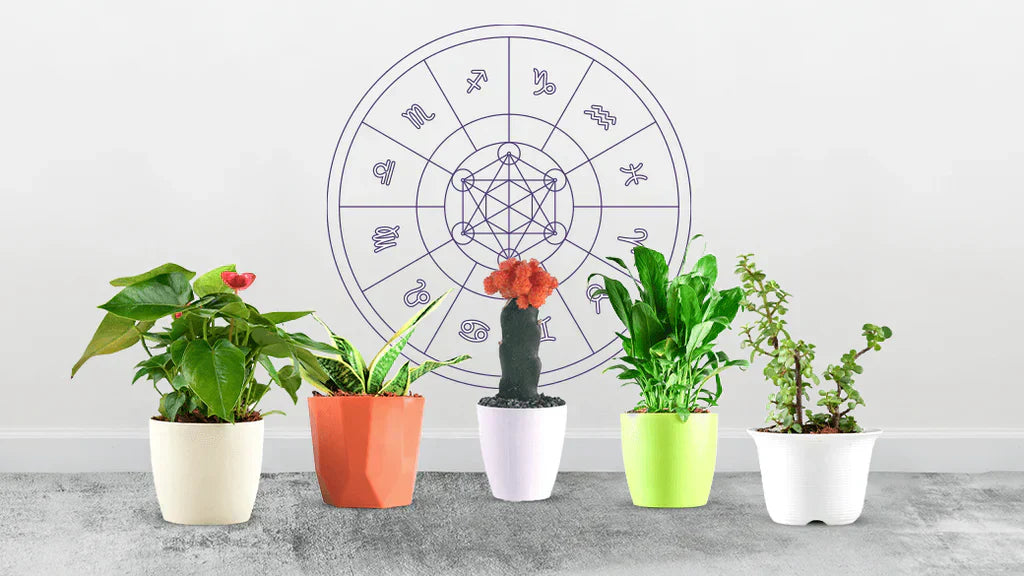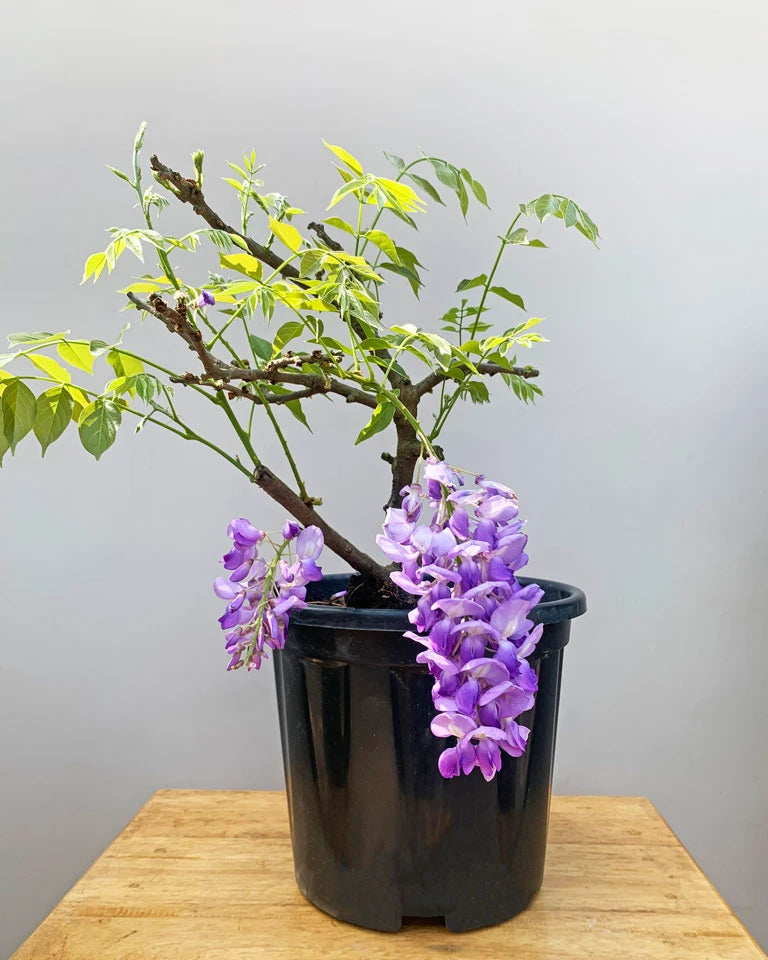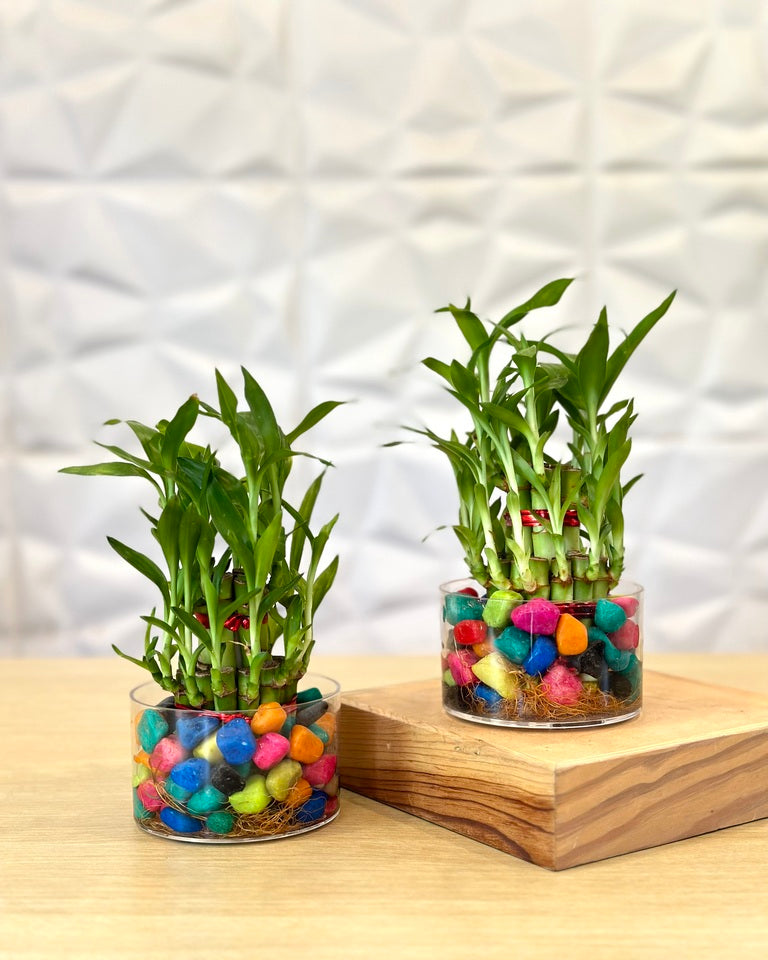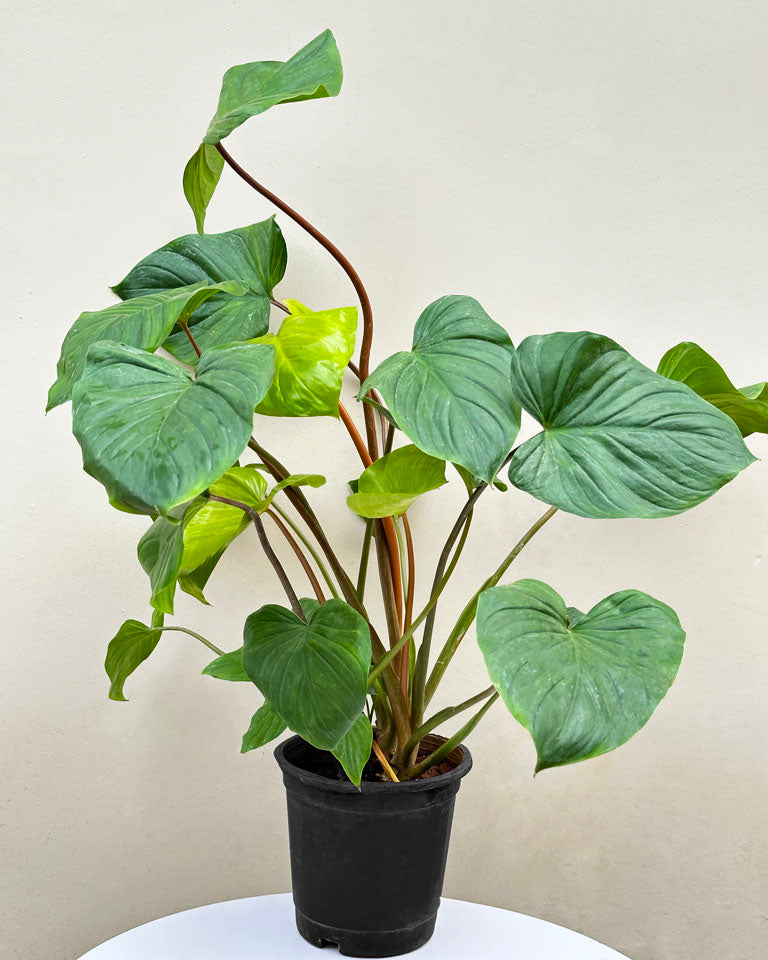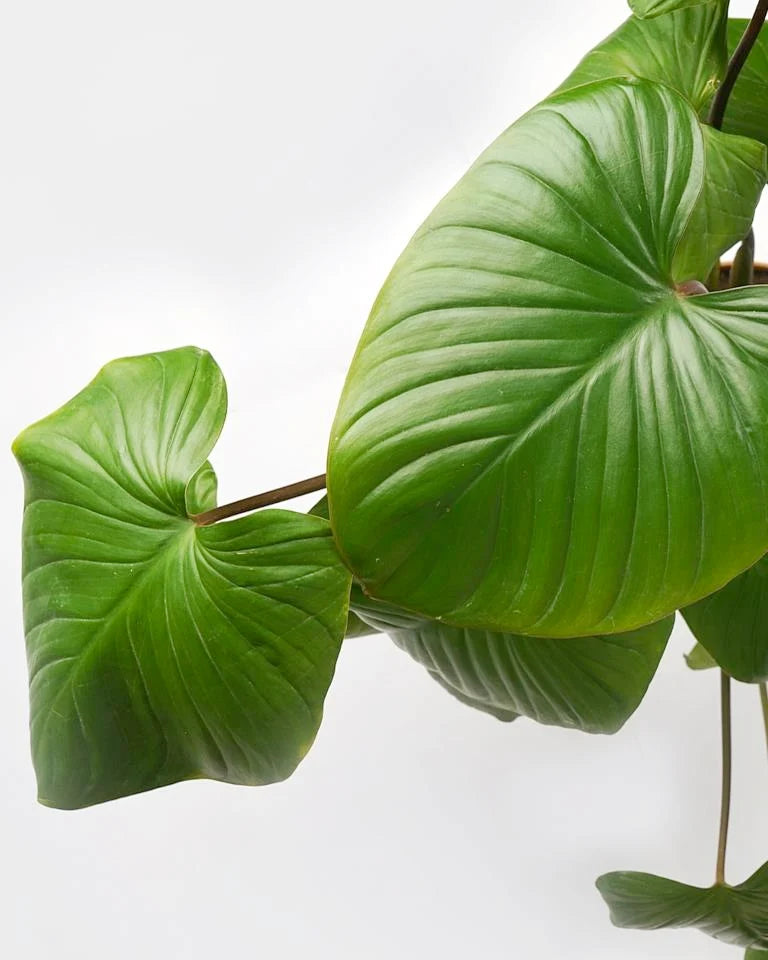
5 Medicinal Kitchen Garden Plants and their Uses

Creating a medicinal kitchen garden is an excellent way to enhance your cooking while harnessing the healing properties of various herbs. Not only do these plants add flavor to your dishes, but they also offer numerous health benefits. In this blog, we will explore five versatile and medicinal plants that you can easily grow in your kitchen garden: Sage, Stevia, Ajwain, Thyme, and Rosemary. Each of these plants has unique properties that can contribute to your well-being, making them invaluable additions to your garden and kitchen.

Sage
Growing Sage
Sage is a perennial herb known for its earthy aroma and silvery-green leaves. It's relatively easy to grow, thriving in well-drained soil with plenty of sunlight. Sage prefers a slightly alkaline soil, so adding some lime can be beneficial. Plant sage in a spot where it can receive at least six hours of direct sunlight daily. It can be grown in pots or directly in the ground, making it suitable for various garden sizes.
Uses and Benefits
-
Digestive Health: Sage has been traditionally used to aid digestion. It can help alleviate bloating, gas, and indigestion. Drinking sage tea after meals can promote digestive health.
-
Anti-inflammatory Properties: Sage contains rosmarinic acid, which has anti-inflammatory properties. This makes it useful for reducing inflammation in conditions like arthritis and asthma.
-
Cognitive Function: Sage is believed to enhance memory and cognitive function. Studies have shown that it can improve concentration and mental clarity, making it beneficial for students and professionals alike.
-
Sore Throat Relief: A sage tea gargle can soothe a sore throat and reduce inflammation. Its antimicrobial properties can also help fight infections.
Culinary Uses
Sage pairs well with poultry, pork, and sausages, adding a robust flavor to your dishes. It's commonly used in stuffing, soups, and stews. Sage butter, made by infusing butter with sage leaves, is a delicious topping for meats and vegetables.
Stevia (Stevia rebaudiana)
Growing Stevia
Stevia is a natural sweetener that is significantly sweeter than sugar but has no calories. It thrives in warm, sunny environments and well-drained soil. Stevia can be grown in containers or directly in the ground. It requires regular watering but ensure the soil does not become waterlogged.
Uses and Benefits
-
Natural Sweetener: Stevia is a healthy alternative to sugar, ideal for those managing diabetes or looking to reduce calorie intake. It does not raise blood glucose levels, making it safe for diabetics.
-
Weight Management: As a zero-calorie sweetener, stevia can help with weight management by reducing the overall calorie intake without sacrificing sweetness.
-
Antioxidant Properties: Stevia contains compounds that have antioxidant properties, which help combat oxidative stress and reduce the risk of chronic diseases.
-
Dental Health: Unlike sugar, stevia does not contribute to tooth decay. It can be used in various recipes and beverages to maintain oral health.
Culinary Uses
Stevia can be used in baking, beverages, and desserts. It is available in powdered, liquid, and dried leaf forms. When using stevia in recipes, remember that it is much sweeter than sugar, so a small amount goes a long way.
Ajwain (Trachyspermum ammi)
Growing Ajwain
Ajwain, also known as carom seeds, is a hardy plant that can be grown from seeds. It prefers a warm climate and well-drained soil. Ajwain plants need plenty of sunlight and should be watered regularly but not overwatered.
Uses and Benefits
-
Digestive Aid: Ajwain is renowned for its digestive benefits. It helps alleviate indigestion, gas, and flatulence. Consuming ajwain water or chewing ajwain seeds can provide quick relief from stomach discomfort.
-
Respiratory Health: Ajwain has bronchodilatory properties, making it effective for treating respiratory conditions such as asthma, bronchitis, and cold.
-
Anti-inflammatory: The thymol present in ajwain has anti-inflammatory properties that can help reduce inflammation and pain.
-
Antimicrobial: Ajwain exhibits strong antimicrobial activity, which makes it useful in fighting infections and promoting overall health.
Culinary Uses
Ajwain is a staple in Indian cuisine, adding a distinctive flavor to dishes. It is commonly used in bread, pastries, and savory snacks. Ajwain seeds can also be used to flavor soups, curries, and pickles.
Thyme (Thymus vulgaris)
Growing Thyme
Thyme is a low-growing perennial herb that is easy to cultivate. It thrives in well-drained soil and full sun. Thyme is drought-tolerant once established, making it suitable for xeriscaping. It can be grown in pots, garden beds, or as ground cover.
Uses and Benefits
-
Antimicrobial Properties: Thyme has potent antimicrobial properties due to its high thymol content. It can be used to treat minor cuts and wounds.
-
Respiratory Health: Thyme is effective in treating respiratory ailments such as coughs, bronchitis, and chest congestion. Thyme tea or steam inhalation can provide relief.
-
Digestive Health: Thyme aids digestion and helps alleviate gastrointestinal issues such as bloating, gas, and cramping.
-
Skin Health: Thyme's antiseptic properties make it useful for treating skin conditions like acne and eczema. Thyme-infused oil can be applied topically to affected areas.
Culinary Uses
Thyme is a versatile herb used in a variety of dishes, including soups, stews, roasted meats, and vegetables. It pairs well with other Mediterranean herbs like rosemary, oregano, and basil. Fresh or dried thyme can be used to enhance the flavor of marinades, dressings, and sauces.
Rosemary
Growing Rosemary
Rosemary is a fragrant evergreen herb that is relatively easy to grow. It prefers well-drained soil and full sun. Rosemary can be grown in pots or garden beds, and it requires minimal watering once established. Pruning regularly helps maintain its shape and encourages new growth.
Uses and Benefits
-
Cognitive Health: Rosemary is known for its ability to enhance memory and concentration. Inhaling rosemary essential oil or drinking rosemary tea can improve cognitive function.
-
Anti-inflammatory: Rosemary has anti-inflammatory properties that can help reduce pain and swelling. It is beneficial for conditions such as arthritis and muscle pain.
-
Antioxidant: The antioxidant properties of rosemary help protect the body against free radicals, reducing the risk of chronic diseases and aging.
-
Hair Health: Rosemary oil is often used to promote hair growth and reduce dandruff. Massaging the scalp with rosemary oil can improve blood circulation and nourish hair follicles.
Culinary Uses
Rosemary is a popular herb in Mediterranean cuisine, adding a piney, slightly peppery flavor to dishes. It pairs well with roasted meats, potatoes, and vegetables. Rosemary can be used to infuse oils, vinegars, and marinades, and it also makes a flavorful addition to bread and crackers.
Conclusion
Growing a medicinal kitchen garden with sage, stevia, ajwain, thyme, and rosemary offers a myriad of benefits. These herbs not only enhance the flavor of your dishes but also provide significant health benefits. From improving digestion and respiratory health to offering antimicrobial and anti-inflammatory properties, these plants are powerful allies in promoting overall well-being. By incorporating these herbs into your daily routine, you can enjoy the best of both culinary delight and natural medicine, making your kitchen garden a true source of health and happiness.
Buy all Kitchen Herbs at one place at Unlimited Greens










